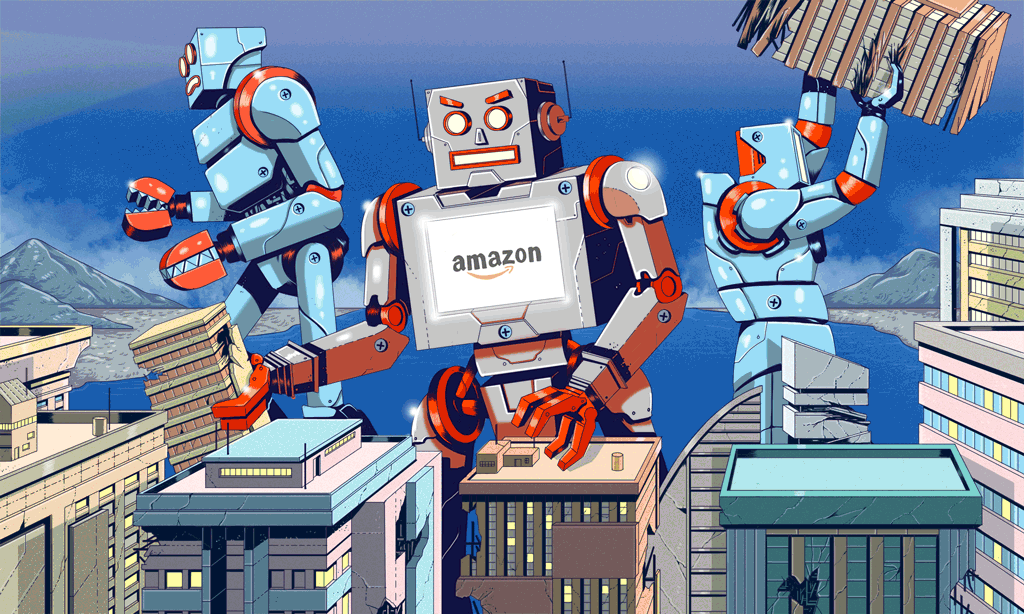In 50 years, no tech decentralization movement has yet been able to prevent new Goliaths from emerging. Decentralization crusades are the internet’s “Groundhog Day”.

22 April 2022 (Paris, France) – Every decade or two, a new wave of innovators tells us they’ve found the technological key to eliminating society’s gatekeepers and empowering individuals – but every time the music stops, big companies remain in charge.
Driving the news: today’s prophets of web3 – which promises a new financial and cultural order based on the decentralizing power of blockchains – are the latest in this lineage.
The big picture: in 50 years of tech history, no decentralization movement has yet been able to prevent new Goliaths from emerging.
• In the 1980s, the personal computer offered small businesses the chance to compete with richer rivals running IBM mainframes. Yes, but in the end, Microsoft came to dominate the new office ecosystem.
• In the 1990s, the first flowering of the web promised to unite proprietary stockpiles of knowledge into a seamless planetary resource that anyone could use and enhance. Yes, but Google’s search engine cataloged that resource and effectively became its front door — and the world’s largest ad business.
• In the 2000s, the web’s next phase, called Web 2.0, transformed the digital network into a dynamic social and media environment open to everyday people to share perspectives and expertise. Yes, but Facebook’s rise hoovered up all that individual energy and placed it at the service of one global social network built to sell data-driven ads.
• In the 2010s, the advent of blockchain-driven cryptocurrencies gave rise to a new movement that came to be known as web3. Once again, the promise is to “disintermediate” powerful institutions that get between individuals and the business they wish to transact.
There’s a lot of complicated code that can make this happen, but nothing to prevent the triumph of new intermediaries – crypto exchanges, wallet-makers, NFT marketplaces, and so on – who will play Google and Facebook to this next web incarnation. These recurring waves of decentralizing energy have repeatedly failed to empower individuals and build small-is-beautiful paradises. But they’ve been highly effective at unseating incumbents in the industries they target for disruption.
Microsoft did replace IBM as the most influential tech giant. The first wave of web firms displaced their “walled garden” predecessors like AOL, Compuserve, and Prodigy. And Web 2.0’s giants undermined dominant institutions in the news and entertainment industries. And now Web3’s leaders are taking aim at today’s finance giants – banks, brokerages, Wall Street.
But here is something telling. At a recent Miami conference, Peter Thiel denounced investing icon Warren Buffett – “the sociopathic grandpa from Omaha,” in his words – as cryptocurrency’s “Enemy No. 1′. Me? A lot of people who’ve felt excluded by the existing financial system hope change will reduce inequality and built-in bias.
Bitcoin and its successors have made plenty of millionaires, including many who do not fit the usual social templates for wealth. But you had to buy in really early for that. Nothing in web3’s code, ideology or institutions today appears designed to prevent historical patterns of wealth concentration and discrimination from repeating themselves.
So the bottom line? Web3 could certainly win its fight with Wall Street over time, just as Google and Facebook wrested control of global advertising from its former leaders. But if history is any guide, the digital world’s new bosses will look very much like its old ones.